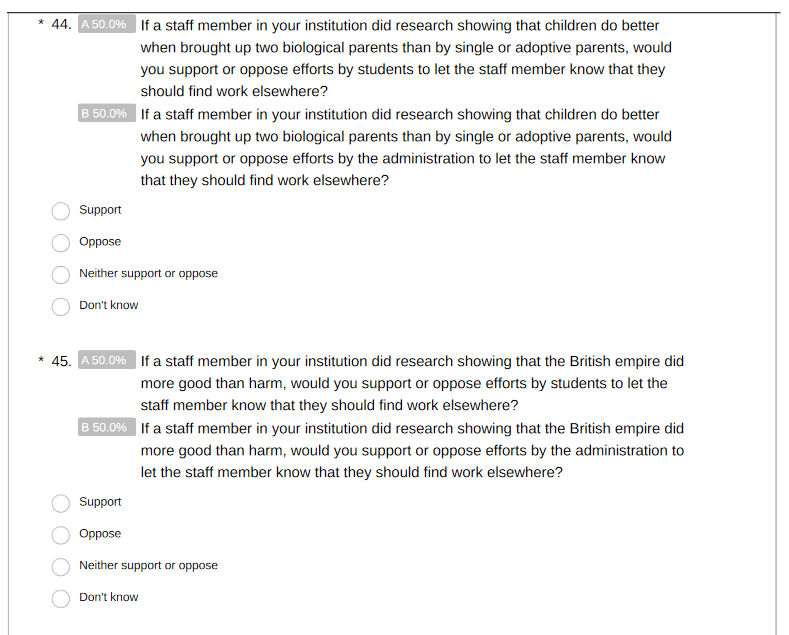
I suspect my Twitter fights could be much improved if this pedagogical insight was put more consistently into practice. :)
https://twitter.com/CT_Bergstrom/status/1383529503666757634
I would like to come to a place where those who keep espousing the principle of "only ever talk about the data, not about the people who handle it" change their tune, you know? Reputation matters. People who through past discussion have shown themselves more trustworthy. . .
. . . in their production of quantitative work and its interpretation tend to produce more trustworthy interpretations. It matters to know that and to talk about it.
If you’re wondering and haven’t clicked through, here’s what I’m responding to more directly.

https://twitter.com/CHSEnviroSci/status/1383523243571630089?s=20

• • •
Missing some Tweet in this thread? You can try to
force a refresh









